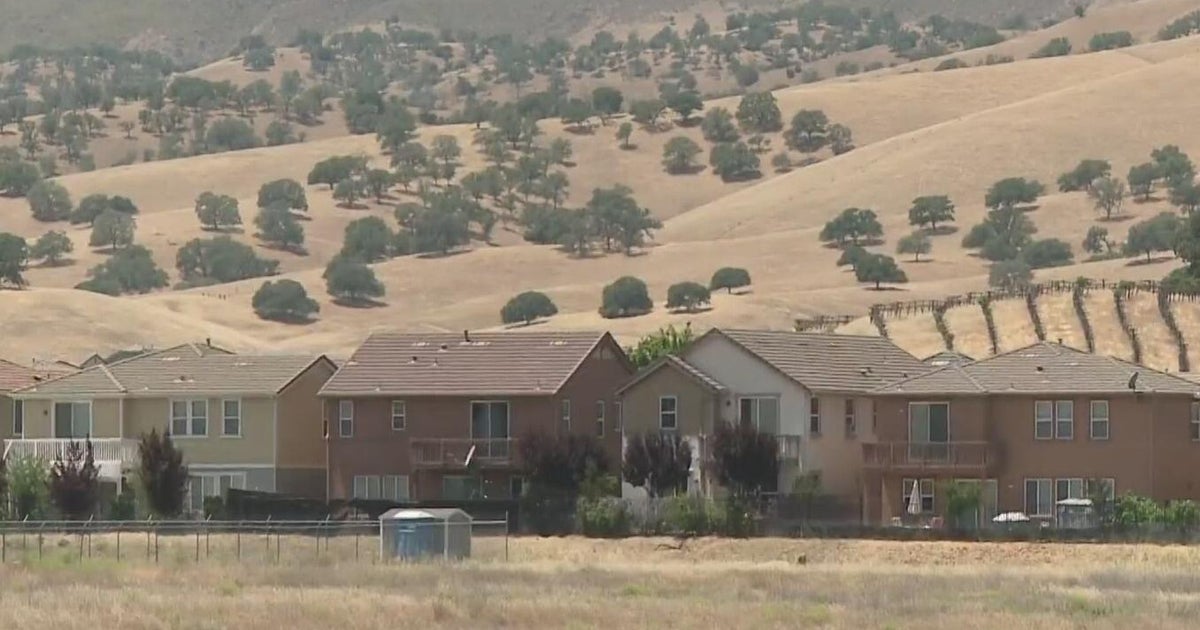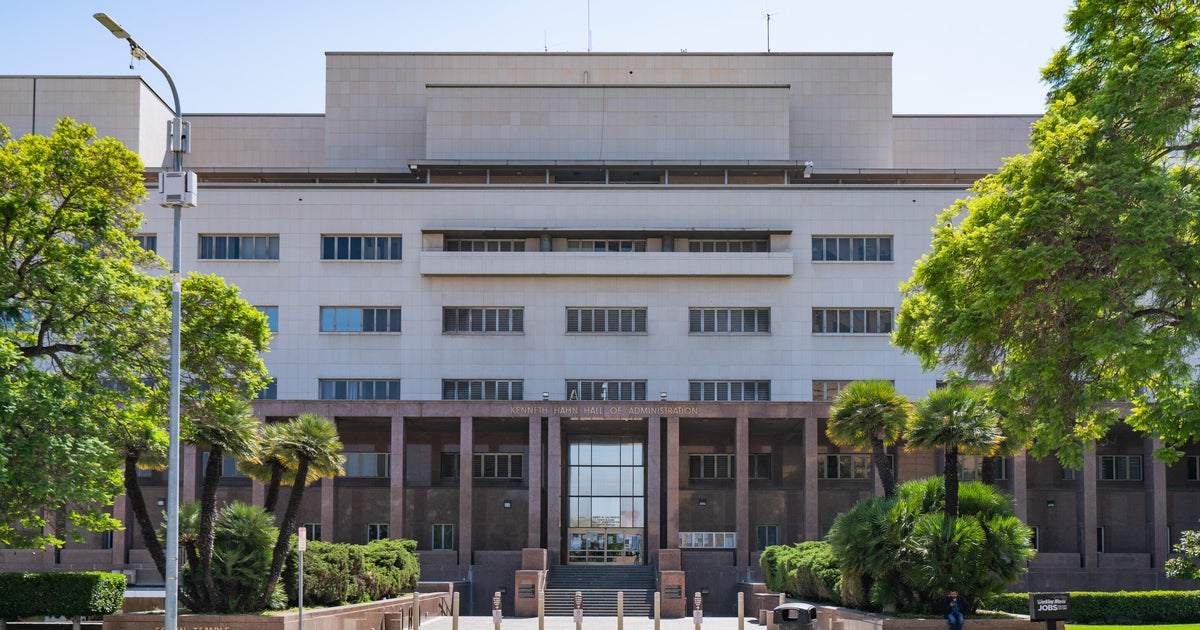Obama Set To Enter Debt Debate
WASHINGTON (CBS4) - President Barack Obama unveiled his long-term deficit cutting plan that addresses the United States' long-term fiscal security. The proposed cuts could hit some of South Florida's neediest population the hardest.
For the President, he will be entering politically perilous waters just one year before an election. The president followed many of the ideas from the bi-partisan Presidential debt commission and call for an increase in taxes on the wealthiest Americans.
There is no part of the federal budget that is off the table, according to the White House. This includes Medicare, Medicaid, Social Security, and the bloated Pentagon budget.
South Florida relies heavily on all of those areas, so South Floridians should be ready for a long budget fight that could impact everyone at every level.
In total, Obama proposed a plan that he said will reduce the deficit/debt by $4 trillion over the next 12 years. To get there, he looked at spending cuts, healthcare, and entitlement programs.
But, even before the President could get his speech completed, Republicans lashed out against tax changes. President Obama has renewed his call to end the Bush tax cuts for households earning more than $250,000 a year, or individuals making more than $200,000 a year.
The median income of a United States household is in the neighborhood of $52,000 a year. In Florida, the median household income was approximately $47,780 per year in 2008, according to the U.S. Census Bureau.
House speaker John Boehner said that any call to increase taxes on wealthy Americans is a "non-starter." He continued saying that if tax hikes for wealthy Americans are included in the President's plan, "my response will be clear: tax increases are unacceptable."
That sets the stage for the battle over the budget and the 2012 Presidential election. Republicans will continue to bow at the altar of no taxes, while Democrats will stand in defiance of any cuts to their treasured social programs enacted by Franklin D. Roosevelt and Lyndon B. Johnson.
Obama suggested cuts in non-discretionary spending will generate an additional $200 billion in savings over 10 years beyond the $400 billion in savings in the 2012 budget proposal he offered in February. The GOP budget plan seeks to reduce spending to levels when President George W. Bush was in charge and freeze it there for five years.
Obama's plan includes a call to hold security spending below inflation, which would save $400 billion by 2023, according to the White House.
The president said he will reform Medicare and Medicaid to save $340 billion over 10 years, but keep the programs largely intact, which is music to the ears of South Florida's seniors. The GOP plan would eventually end Medicare and instead give subsidies to seniors to buy their plans from private insurance.
But the tax issue is where the budgets divided the most. Obama wants the wealthy to pay more to help the nation get back on solid ground. Republicans want to cut taxes for both corporations and the wealthy by 10 percent.
That call by the GOP comes despite the recent outcry over companies like Miami-based Carnival Cruise Lines hardly paying anything in taxes. According to the New York Times, Carnival has paid taxes of approximately 1.1 percent of their total $11.3 billion in profits.
At the same time the tax battle will be taking place, a secondary fight will erupt as the United States approaches its debt ceiling. Treasury Secretary Tim Geithner said the U.S. will hit the ceiling on May 16 and begin defaulting on loan payments by July.
Republicans are vowing to hold the debt ceiling hostage unless they get more cuts to the federal budget and other areas. But, there could be grave consequences if the debt ceiling is not raised and the federal government defaults on its obligations.
The consequences could include: a double-dip recession, increasingly difficult times getting credit, damaging America's credit rating, and seeing foreign governments dump U.S. debt which would cripple the American government and economy.
The devil will be in the details in any of the cuts, tax increases, or other ways of dealing with the debt and the deficit.
President Obama's address laid out his direction to take the country and the economy. The question is will the voters want to follow the White House or the House of Representatives.







